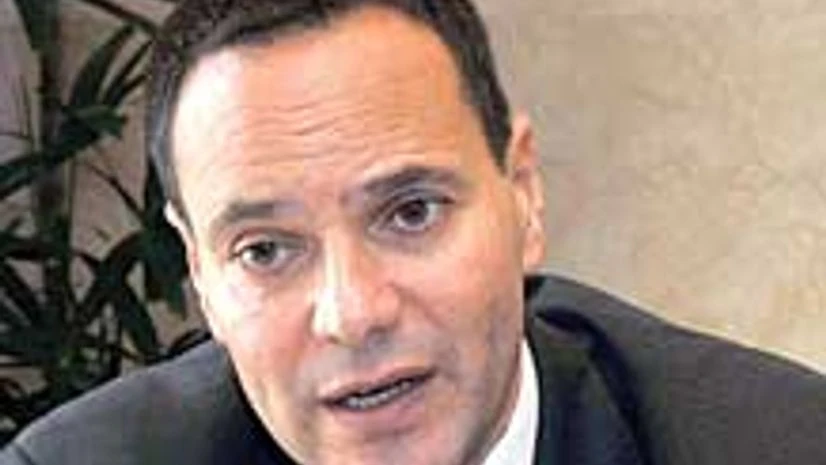It is a tough time for Kantar Group's TAM Media Research, the only television rating agency in India. From user complaints on data to a lawsuit by NDTV in 2012, TAM has been dealing with crises on different fronts. To make things worse, last year the ministry of information and broadcasting changed the rules on ratings. One of them puts a 10 per cent limit on any cross-holding in other advertising/media/rating agency or in broadcast firms. This queered the pitch for TAM. It is owned jointly by the $5.4-billion US-based Nielsen Holdings and Kantar, a part of the £10.3-billion UK-based marketing services group, WPP. Kantar is fighting this in court. Meanwhile a sector body, Broadcast Audience Research Council or BARC, should roll out its ratings by the end of March 2015. How is Kantar dealing with the potential loss of business in India. Vanita Kohli-Khandekar spoke to Eric Salama, CEO, Kantar in London. Excerpts.
Is it correct that TAM subscriptions are not being renewed? What happens after BARC?
Only one or two subscriptions haven't been renewed. Let us wait and see what happens to BARC. TAM won't go away. We provide a lot of other services besides the rating - advertising expenditure surveys, consulting and back data. BARC has no back data, so comparisons become difficult. There are a lot of things that BARC won't be able to do. It has a very ambitious plan. But until they start providing ratings….If BARC is successful then we have to figure out what to do.
More From This Section
We will fight the court case. Cross-media is not an issue anywhere else in the world. There is nothing to say that our ratings are affected because we are owned by WPP. There is not a single instance of any connection that the data GroupM (a sister company) gets and what others do is different. It is an absolute non-issue. And we will fight the case as a matter of principle. There is a lot of noise around TAM. And the debate around it is not driven by facts. There is a lot of innuendo and rumour.
Why did Kantar let it reach this situation?
There were some historic concerns over niche channels and whether we were measuring them correctly. And we didn't react as quickly to these concerns as we should have. We didn't address the questions the industry had. But on the positive side we managed the digital switchover very well. We managed a panel very well and kept prices and costs under control. We understand the benefit of 20,000 or 30,000 (home) panels, but there are costs associated with it. One of things we have learnt is that you can't take technology from elsewhere and stick it into India. For example you have to factor in the electricity problem - in some markets the boxes remain blank. We did not listen and pay attention, sometimes. We are very proud of what we have achieved in India. But we are imperfect. And if we had reacted differently three years back…
But there have been instances of panel data leaking, corruption of panel…
There are panel corruption issues everywhere in the world. Some countries are more vigorous about prosecuting people who do it. For example in China people went to jail (for trying to buy out sample homes). In India nobody is put into jail for this. If we hear anything we set up an independent panel for security. Plus we monitor all homes for signs of any unexplained viewing behaviour.
Is Nielsen and its hold over the box technology the problem?
Nielsen is not the problem. (India is the only market where Kantar has a joint venture with Nielsen. In all other markets it operates on its own).
How does your global buyout of Civolution, the watermarking technology that BARC is planning to use, change the game?
We have said to BARC that we will honour the deal with them. It doesn't change things from their point of view. Generally we use audio marking technology across the world, so India is not different.
How significant is the India business to Kantar?
India is one of the top markets for us globally. Our biggest businesses in India are IMRB, Millward Brown, TNS and the Kantar. The audience measurement business in India represents less than 10 per cent of Kantar's overall revenues in the country.

)
